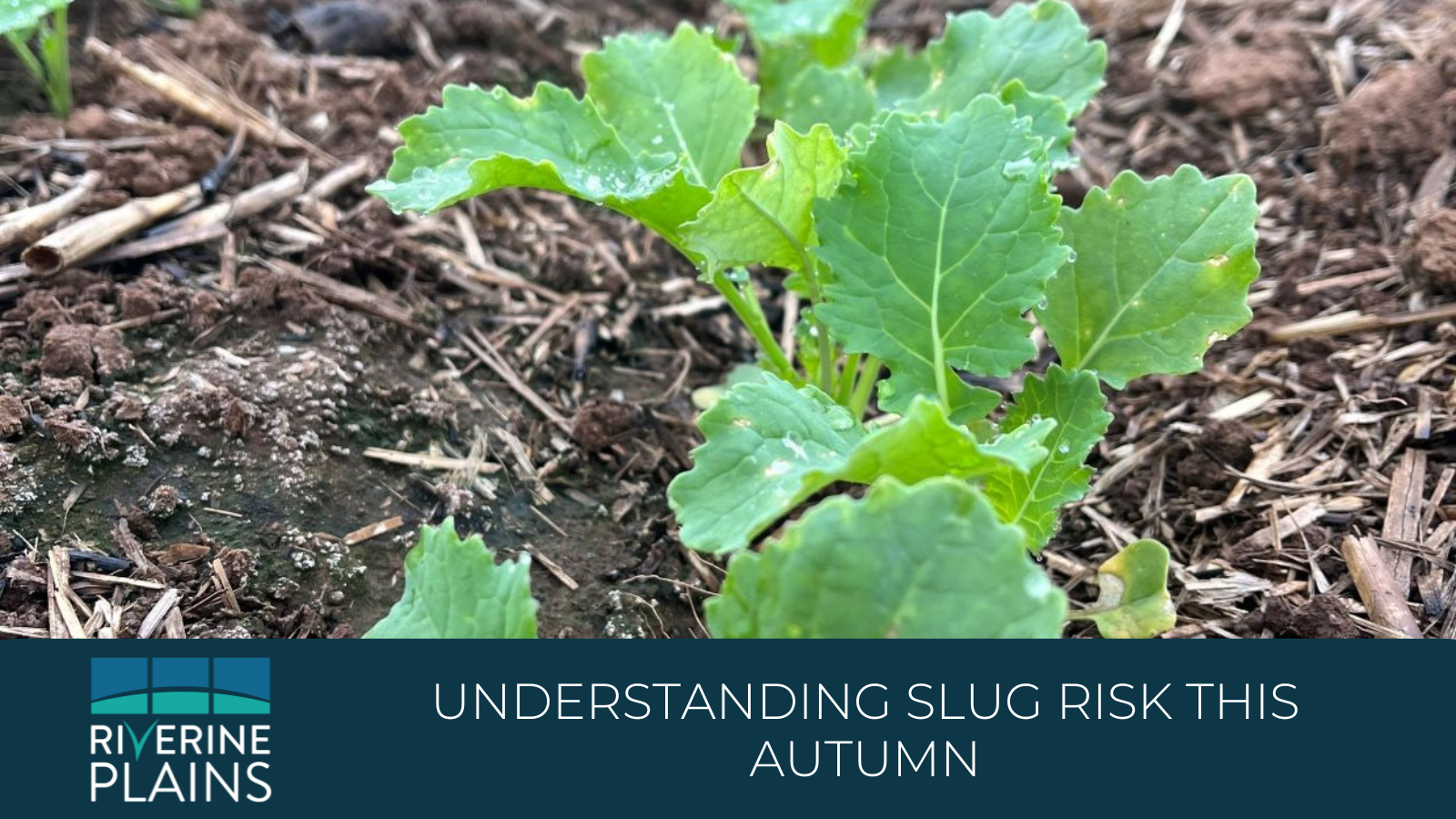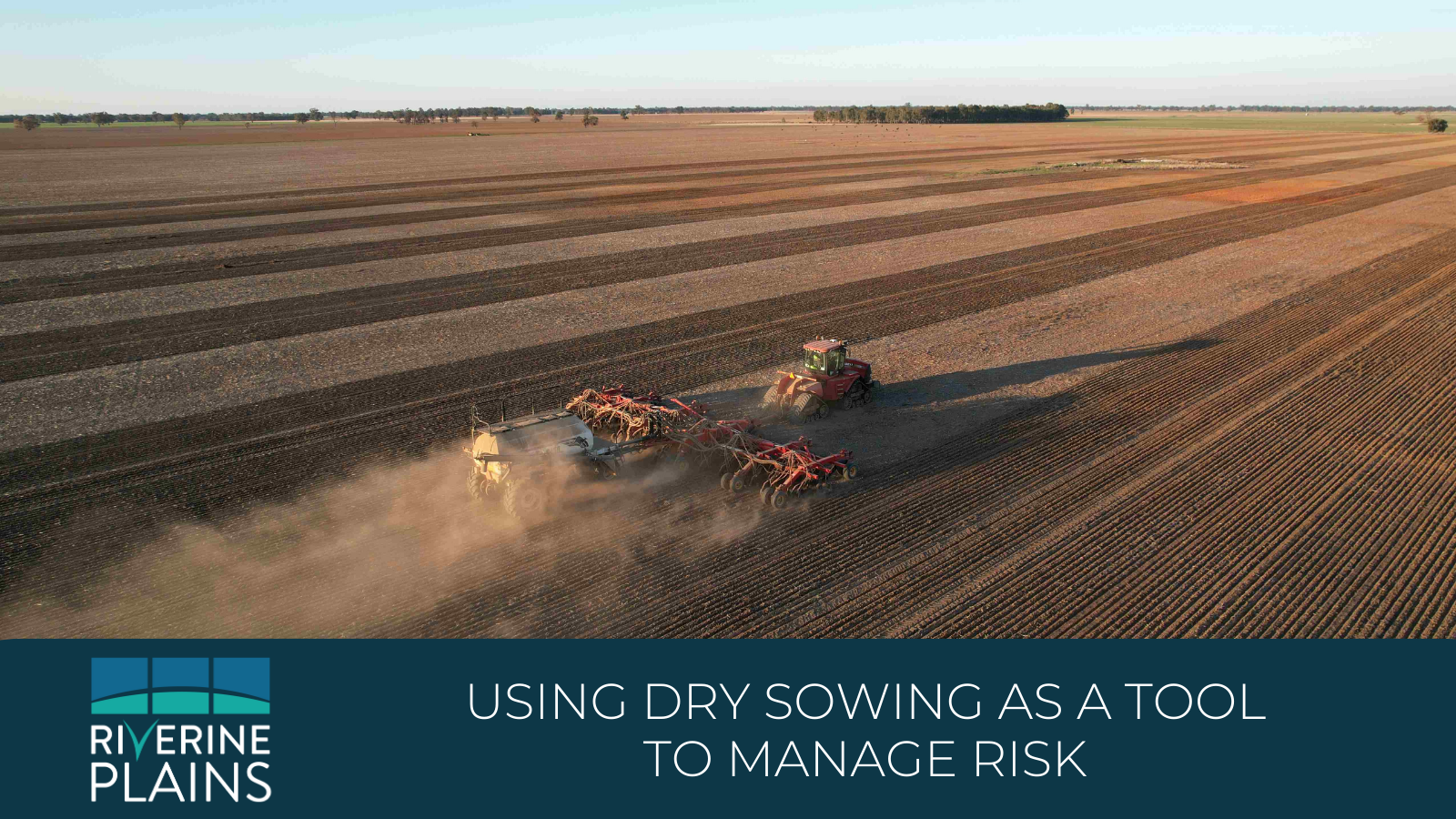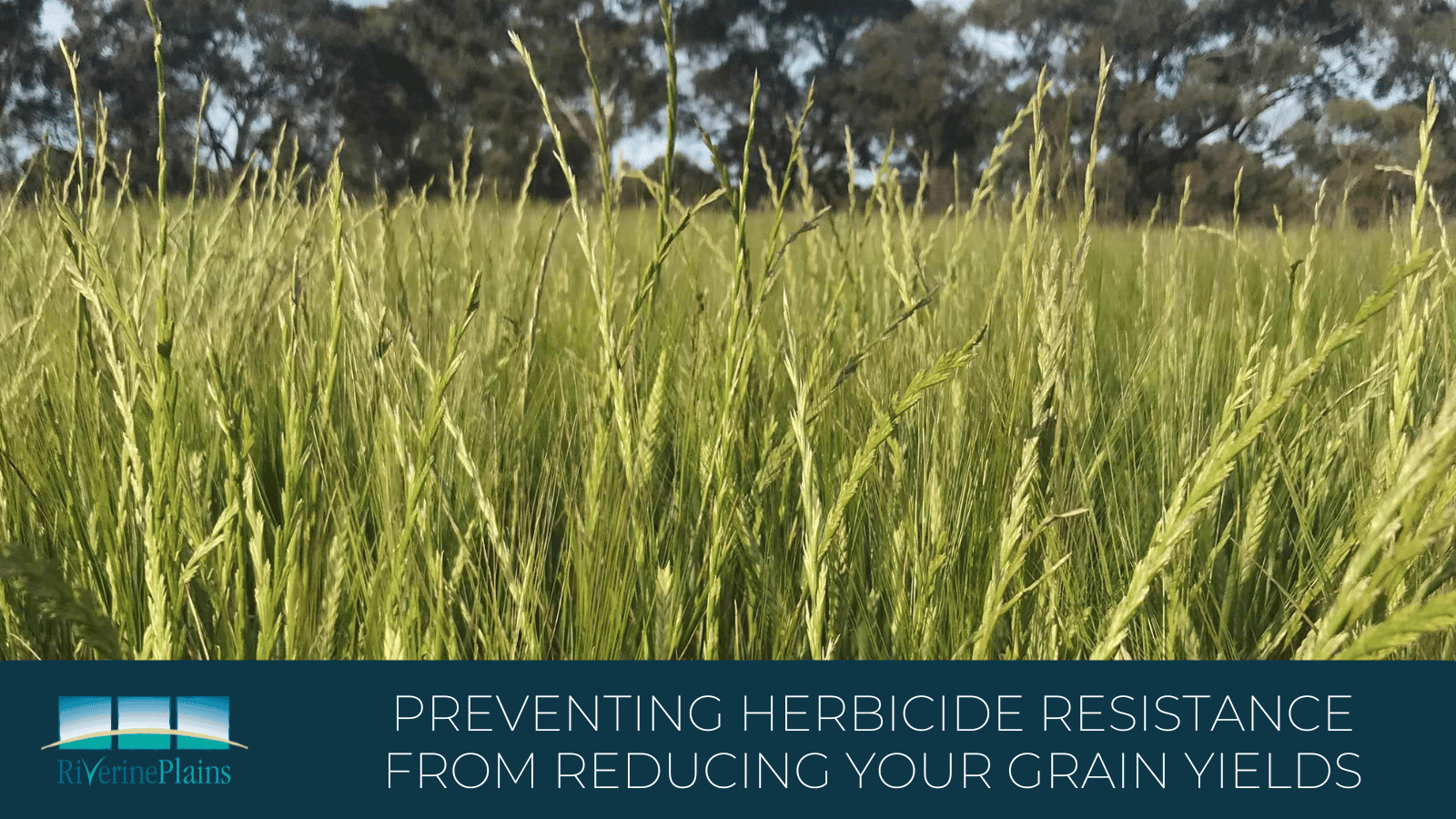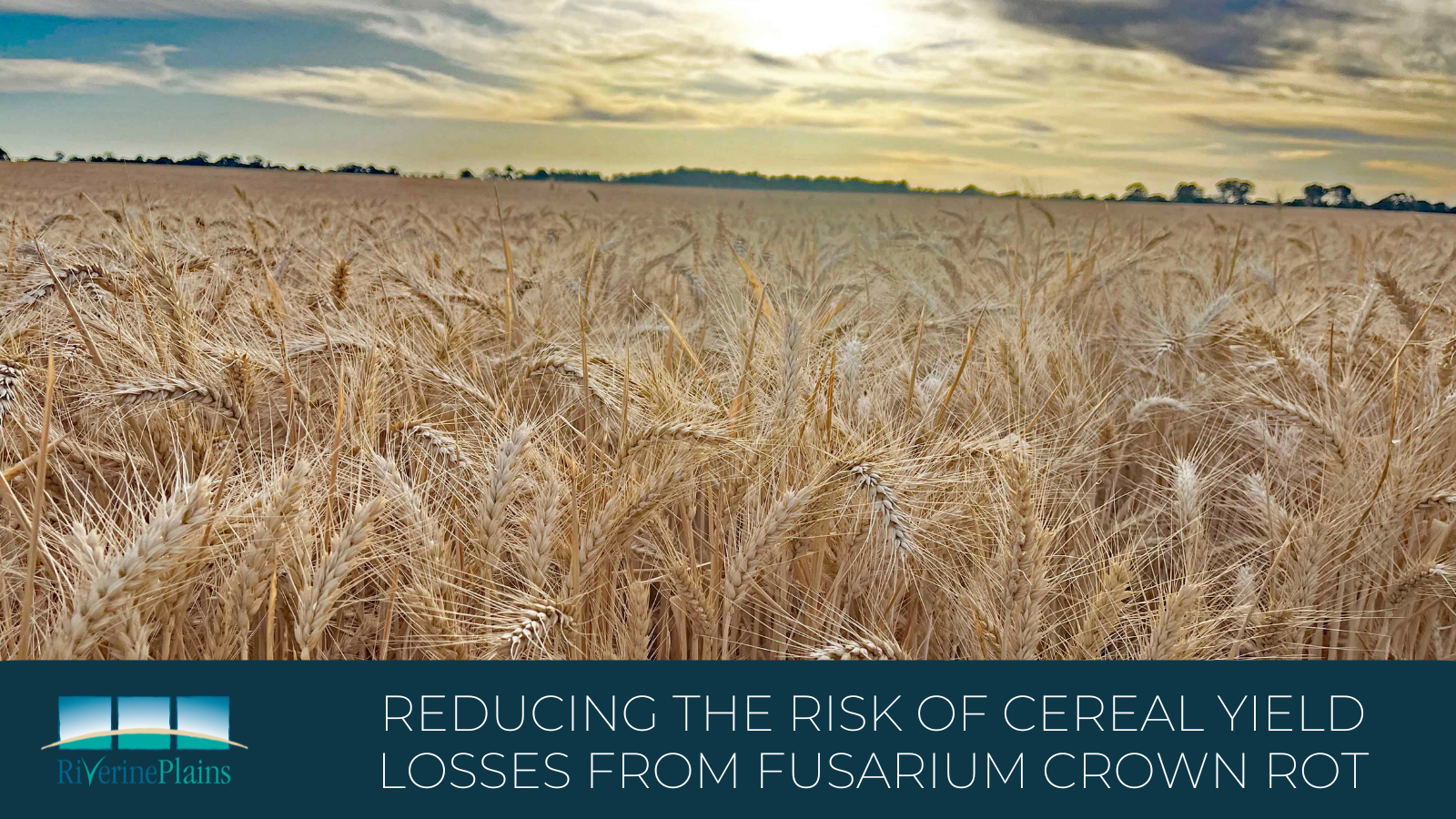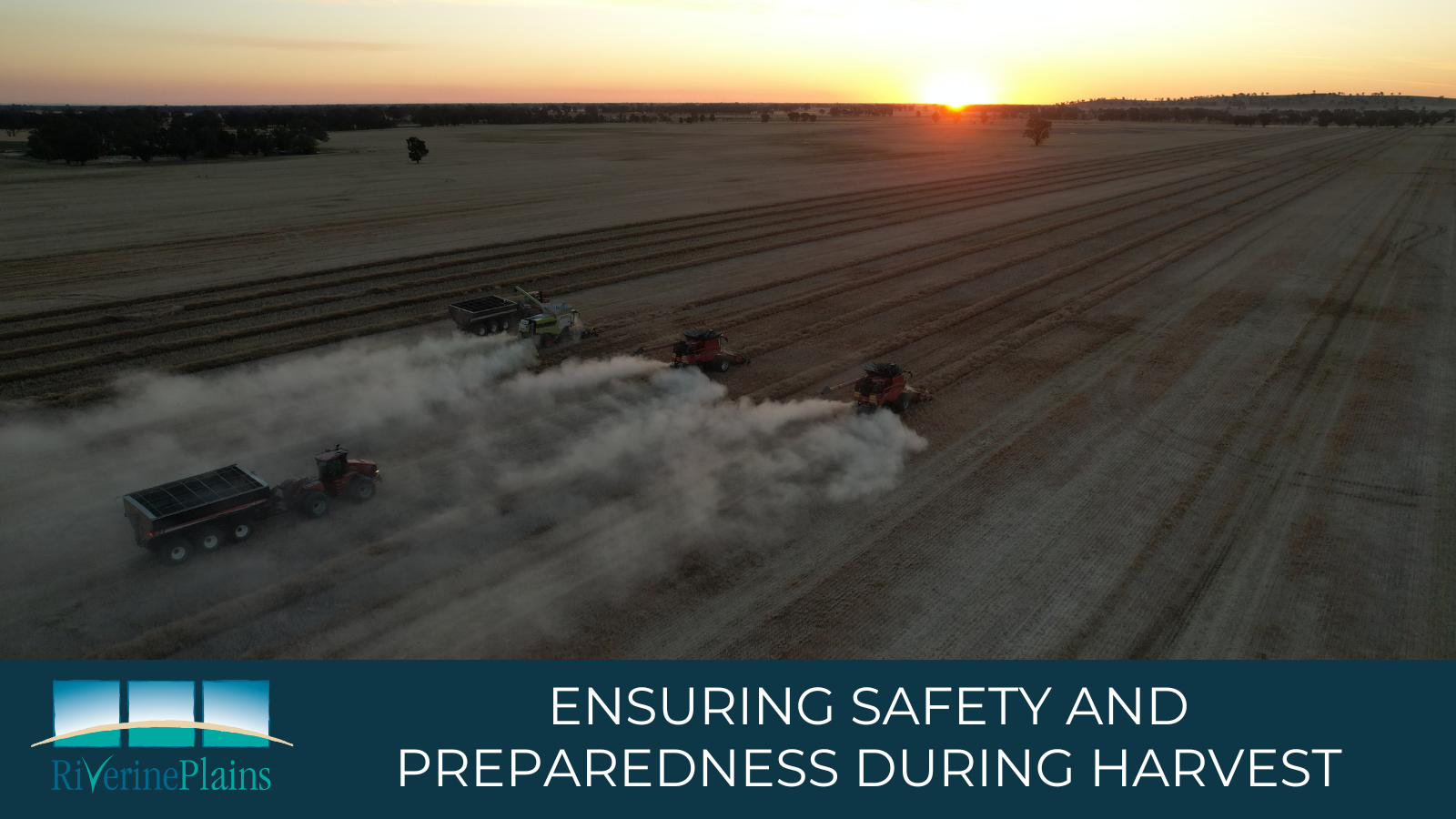Understanding your slug risk this season
Key messages
- seasonal conditions have been conducive to slug survival and population build-up over the past several years
- slug monitoring should start in the spring prior to sowing canola, to better understand the risk
- No one method of control is effective in destroying slug populations and growers should consider a range of control strategies as part of an integrated pest management strategy

